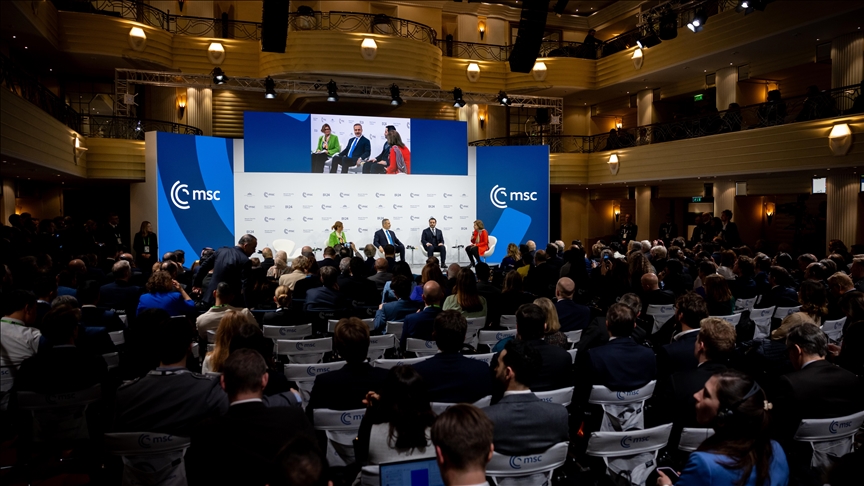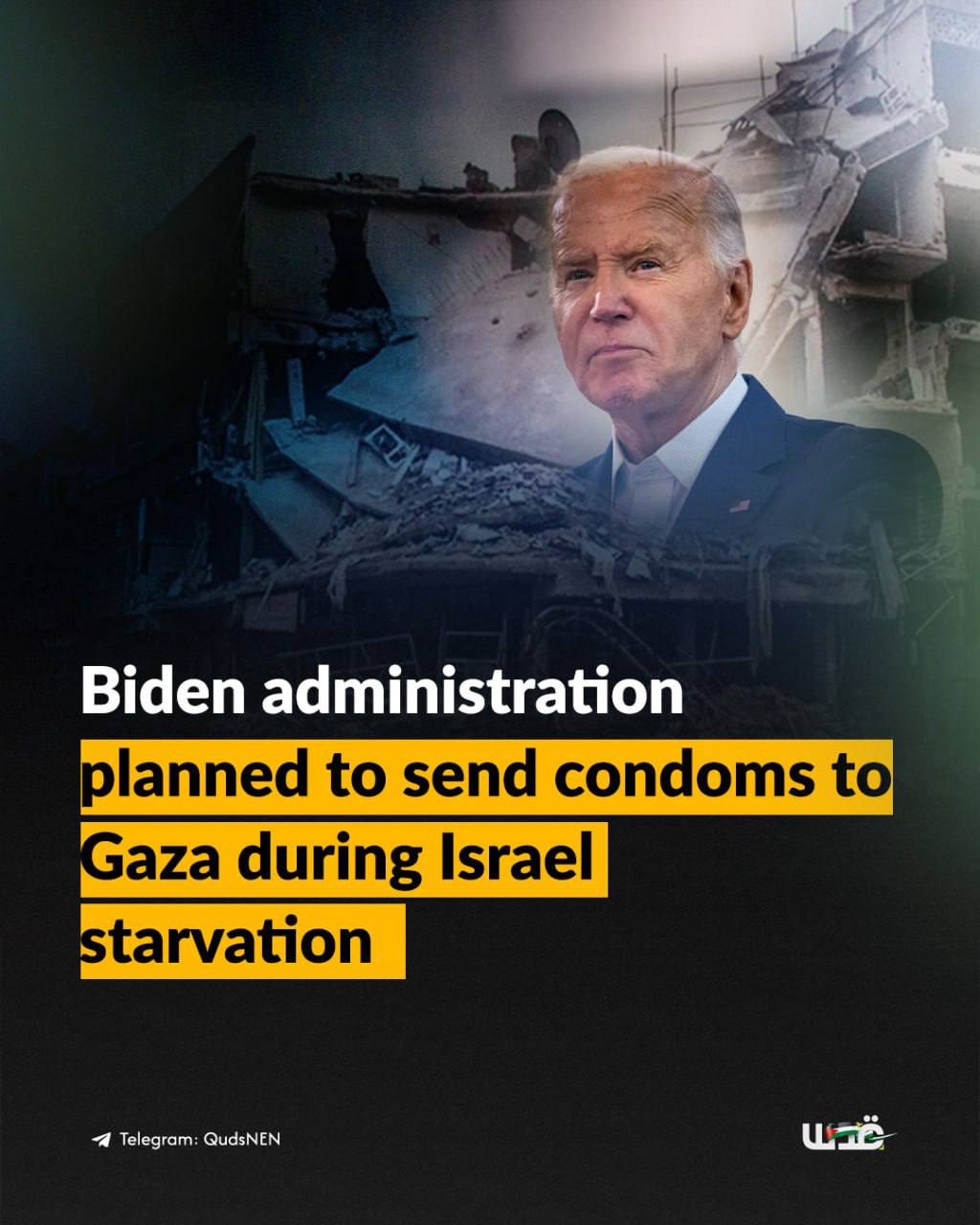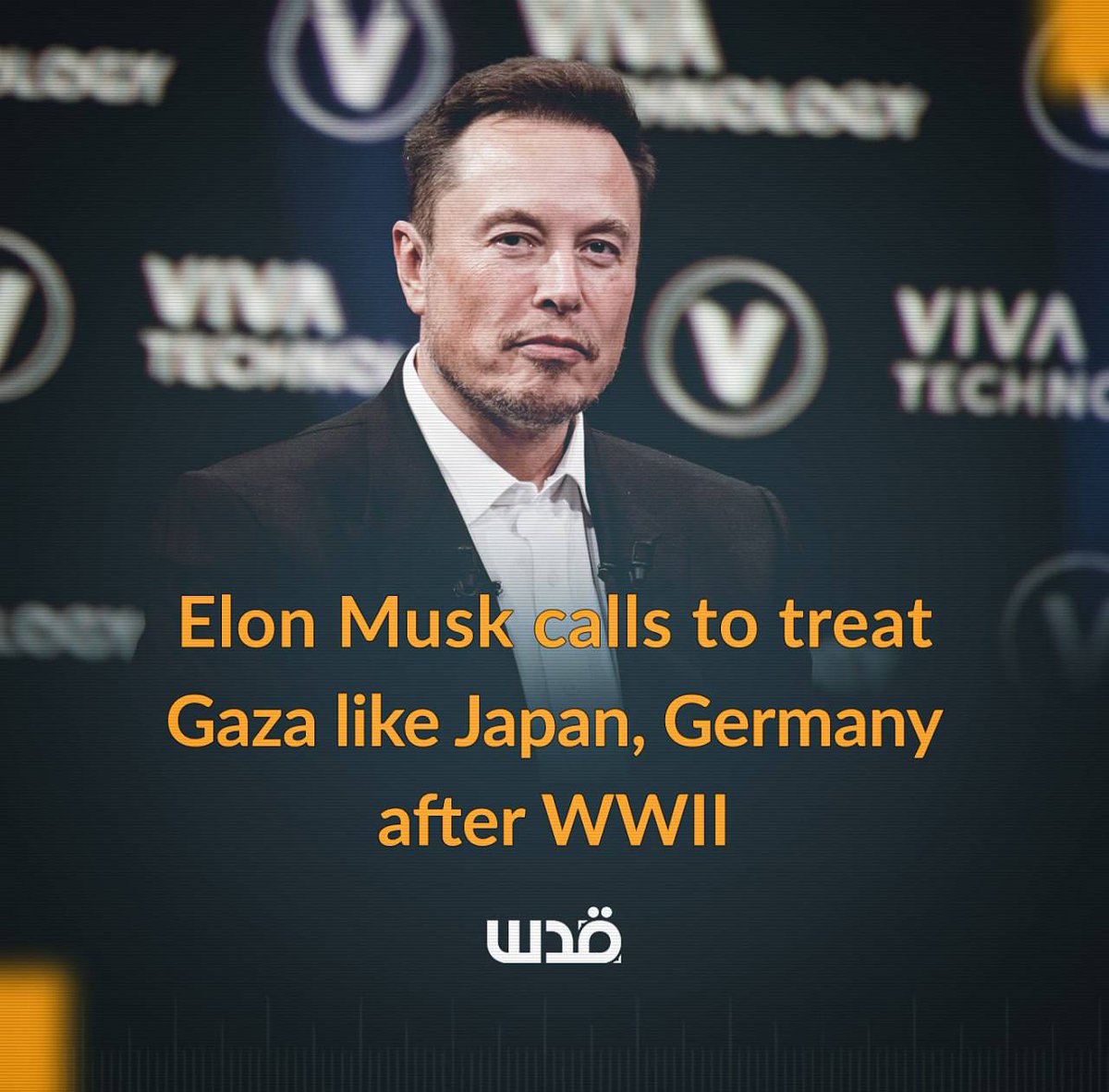Trump’s Gaza Video: A Fake For Billionaires
Local authorities on Thursday denounced as “colonialist” a video posted by US President Donald Trump on his social media account promoting his plan for Palestinian displacement from the enclave.
The 33-second video, which Trump shared on his social media platform Truth Social, opens with a scene of Gaza in ruins, displaying the inscription “Gaza 2025” in green, followed by “What’s next?” in red, white, and blue.
The video then showcases towering skyscrapers and children gazing upward as dollar bills fall from the sky.
“This video and its degrading content reflect a colonialist mindset that distorts reality and seeks to justify Israeli occupation crimes by portraying Gaza as if it were a land without people,” Ismail al-Thawabta, who heads Gaza’s government media office, told Anadolu.
He called Trump’s actions “a desperate attempt to legitimize the ethnic cleansing carried out by the Israeli occupation with clear US support.”
“We strongly condemn this disgraceful video, which promotes rejected colonialist schemes targeting Gaza after the crime of forced displacement against our people – an act that constitutes a crime against humanity,” he added.
Colonialist illusion
Thawabta called on the international community to act immediately “to curb Trump’s rhetoric and hold Israel accountable for forced displacement and ongoing violations against Palestinian civilians.”
He also urged “free nations worldwide to stand against these schemes, which are an extension of colonialist projects that have no place in our Palestinian homeland.”
“Gaza has always been and will remain an integral part of Palestine,” he stressed. “Any attempt to turn it into a distorted entity disconnected from our deep-rooted history, culture, and values is a colonialist illusion that will not succeed.”
In Trump’s video, tech billionaire Elon Musk is seen enjoying hummus on a beach in the newly-developed tourist destination, and a young boy is seen holding a golden balloon featuring Trump’s face.
The video also features Trump dancing in a nightclub, while the entrance to a skyscraper prominently displays the inscription “Trump Gaza.” A massive golden statue of Trump is also showcased.
Israeli Prime Minister Benjamin Netanyahu appears lounging on a deck chair beside Trump, both sipping beverages near a swimming pool, with “Trump Gaza” visible in the background.
In the background, a song can be heard playing with lyrics, “Donald’s coming to set you free, bringing the light for all to see, no more tunnels, no more fear, Trump Gaza is finally here, Trump Gaza’s shining bright, golden future, a brand-new light, feast and dance, the deal is done, Trump Gaza number one.”
The US president has repeatedly called for the US to “take over” Gaza, destroyed by Israel’s relentless bombardment, and resettle its population to redevelop the enclave into “the Riviera of the Middle East.”
The idea has been vehemently rejected by the Arab world and other nations, who say it amounts to ethnic cleansing.
A ceasefire and prisoner exchange agreement has been in place since last month, pausing Israel’s destructive war on Gaza that has killed more than 48,360 people, mostly women and children, and left the enclave in ruins.
Last November, the International Criminal Court issued arrest warrants for Netanyahu and his former Defense Minister Yoav Gallant for war crimes and crimes against humanity in Gaza.
Israel also faces a genocide case at the International Court of Justice for its war on the enclave.










